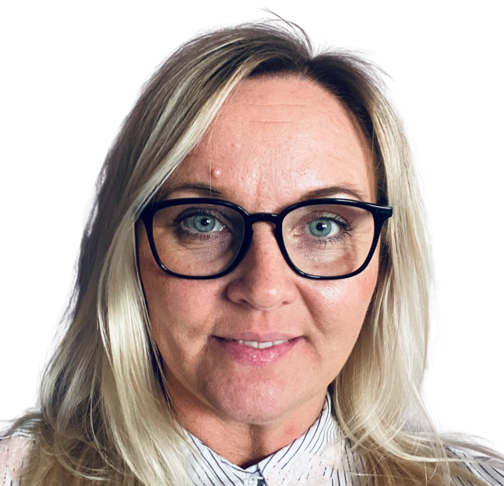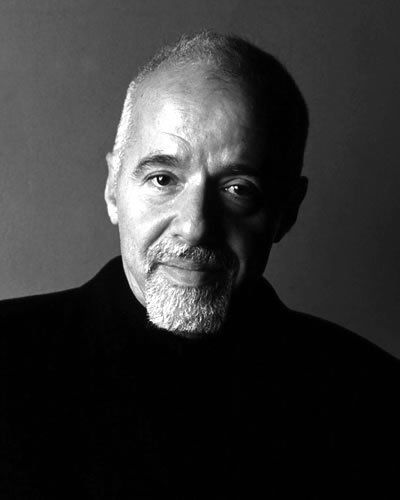
A conversation with Dominika Weston, a language talent acquisition manager with over 15 years of experience.
She shares with us her vision of the language profession, her love for the richness of cultural exchange, and her passion for her job working with humans from around the world.
I am an English Second Language Speaker on a mission. A mission with a meaning that is close to my heart and to so many others around the world. My journey with languages and foreign cultures began about 20 years ago when I first moved to the US. I immediately fell in love with diversity here. Despite the difficulties of navigating the new world around me, each communication challenge pushed me to learn more and seek avenues for improvement. I saw a need to work on closing the communication barrier and I started such a process with myself first. There was a lot to learn in the past and I have to say that this process never stops and there is still plenty ahead of me to conquer.
Dominika Weston
What inspired you to become a talent manager in the language industry?
I was given this opportunity years ago and I am happy to say that I have learned so much through the interactions with different cultures. It made me a better person inside and out. Seeing how little the world still knows about the language industry (just to mention an example where the terms translator and interpreter are being used as synonyms while they are completely different) and how much work is yet to be done around it.
Every day, I work to make it easier for those who are forced to navigate the daily discomfort of breaking communication barriers around them.
Every day, I work to make it easier for those who are forced to navigate the daily discomfort of breaking communication barriers around them.
Dominika Weston
What’s your favorite citation?

My favorite quote is from Paulo Coelho as it summarises beautifully the importance of being culturally sensitive in the communication process:
“As long as you still have one bridge left, nothing is lost. But from the moment that you cannot even understand the storytelling or the music of other cultures anymore, then we become strangers to each other and the situation will become very complicated”
Paulo Coelho
Who do you look up to as a role model?
There are so many role models around us who navigate the challenging waters of foreign cultures daily. We can mention expats, refugees, or any person who is placed, whether intentionally or unintentionally, in a foreign country where their language may not be spoken or their culture may be new to many around. We can all learn so much from those around us, not only about them; but most importantly, a lot about ourselves: what triggers we have, how our upbringing may influence the way we think, whether we are actively listening and effectively communicating, etc.
What do you think is the biggest misconception people have about the language industry and the translation market?
Translation and interpretation, they are often thrown in one bucket while they are completely different and have very little in common. I used to get upset hearing someone use the term “ translator” when they were referencing an interpreter. I know now that it is more important to educate and talk about the industry using proper terms than to send the incorrect message to the world.
I know now that it is more important to educate and talk about the industry using proper terms
Dominika Weston
What are the toughest challenges you’ve experienced as a talent manager?
At times, stakeholders do not understand that securing resources requires not only time but also effort and lots of research. I often see the timelines presenting challenges and frustration that can be avoided if all is communicated and transparency remains in place at all times. Also, not everyone is suited for the Talent Acquisitions role, recruiters must wear many hats: from being a salesperson, advocating for change, or even becoming better at communicating across many verticals. It is not just about identifying leads and pushing them through, it is all about making the right message being heard by the right audience and being seen as a culturally focused value.
What lessons have you learned through the crisis induced by the COVID-19 pandemic?
Skills, so many are actually transferable and we must remember such an approach moving forward. Taking the time to continue learning and developing, not settling in our old ways to remain the only known ways for us. Innovation is of value, we may not reinvent the wheel but certainly can and should work on adjustments and improvements that will make a positive impact.
What do you love most about being a professional in this space?
The neverending learning process, and enrichment that we get to experience when navigating through different cultural aspects of our work.
What are the top 3 tools or websites you use as a talent manager?
Ethnologue is my go-to “language bible” and Social media. I rely on these two all the time! Making connections with others all around the world helps me learn directly from the source about the cultural nuances that are important to take into account when communicating.
What would be your advice to someone who wants to become a translator?
Become friends with folks in the translation space, find a mentor and dedicate lots of time to learning. Ask questions and always try to keep up with technology, it is not here to replace you but to make your life as a professional easier.
What would be your advice to someone who wants to become a translation talents manager?
Learn as much as you can. Do not be afraid to say “I don’t know”. Lead with passion: if you cannot show your team why you care, they will not put their best effort in. Build trust and always be transparent, there is no need for embellishments. Always remember that communication is a two-way street. Intending to treat others like they want to be treated as such an approach makes a huge difference. Just because something works for you does not make it “a thing” for someone else.
Always try to keep up with technology, it is not here to replace you but to make your life as a professional easier.
Dominika Weston
A final word?
Before you can do what you love with passion, first you must put some time into understanding it well.
